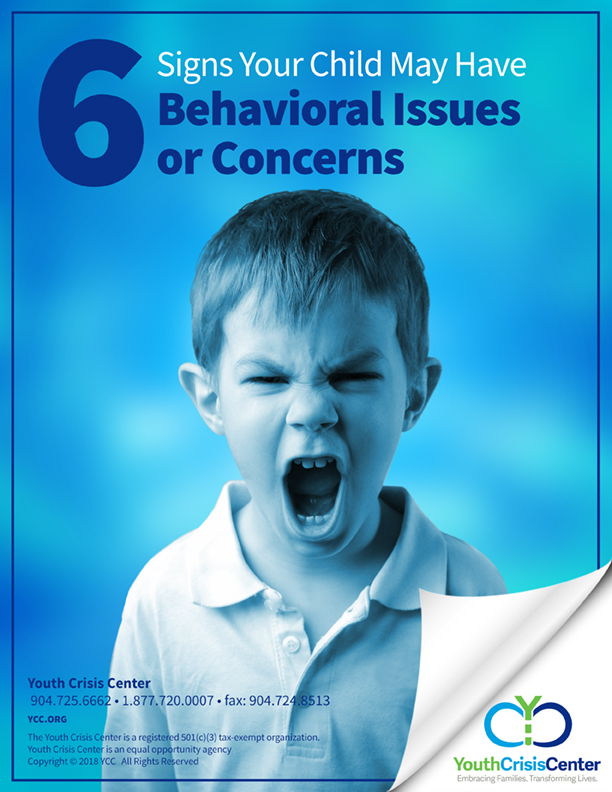It is rare to find someone who is happy all the time. Getting mad is just as common as feeling sad, joyful, jealous, and scared or any other emotion. As human beings, we cycle through these emotions and that’s okay; it’s normal. How we feel and respond to things plays a part in what makes us unique. However, it is wise to never let one emotion rule your life. You take the happy times with the sad. Certain conversations with people can make you angry while some situations can make you scared. Your feelings are valid. However, while your emotions such as getting angry is okay, how you react to your anger is what makes a difference.
Talking to your kids about anger
Outpatient Therapist Ron Bertie suggests letting your child know that anger is normal, but you want to work with them on how they react to that anger. He wants you to help your child come up with positive outlets. This can be something like painting, drawing, or another type of creative outlet. If their child prefers something more on the physical side, it can be dancing, running, or working out. Bertie suggests these kinds of coping mechanisms should already be in place before an incident takes place. He advises talking to your kids about controlling their anger when they’re already angry may not be as effective.
Triggers
Whether it is your child or yourself, Bertie recommends thinking and talking about your triggers. He says when you have identified possible triggers, you can then focus on how you react to that particular trigger. According to Bertie, a way to deal with your triggers better or even overcome is to change your perception of them by being more empathetic, setting boundaries, or if it’s a person – talking to them.
Dealing with anger as an adult
Bertie says his advice would not differ too much when it comes to talking to kids or an adult about their anger. The reason for that is because Bertie explains some issues are derived from childhood. Bertie recommends for adults to learn how to heal from old scars. He also wants adults to evaluate the outcome of their outburst. Once they have completed those steps, Bertie says it will be time to find innate reasons for change.
About SNAP® at the Youth Crisis Center
YCC offers a program called SNAP®, which stands for STOP NOW AND PLAN. This is an evidence-based, cognitive-behavioral model powered by the minds at Child Development Institute (CDI). SNAP® can help children, ages 6-11, and their parents learn how to effectively manage their emotions and ‘keep problems small.’ We know that because small problems can quickly turn bigger or worsening problems if a child or their parent doesn’t have effective emotion regulation, self-control or problem-solving skills.
Download our free ebook!
Six Signs That Your Child May Have Behavioral Issues or Concerns


